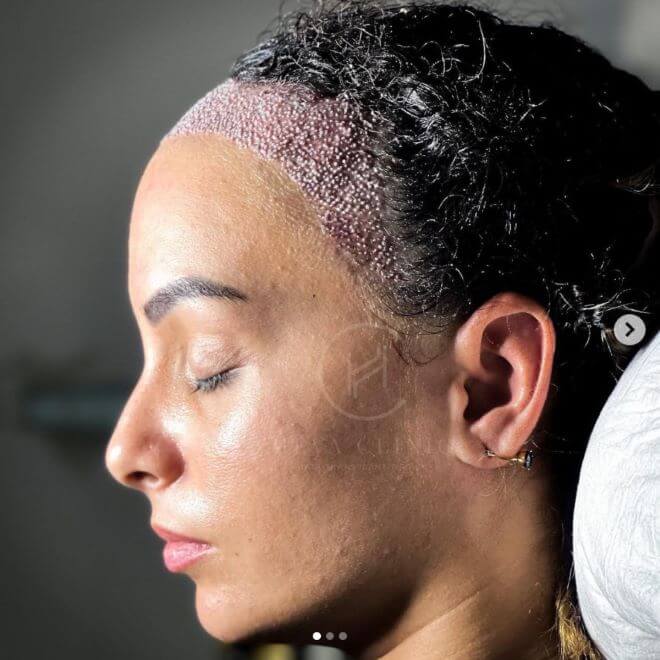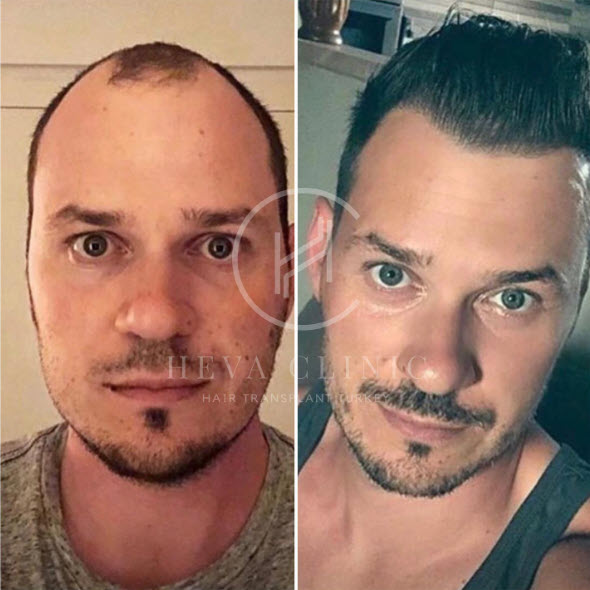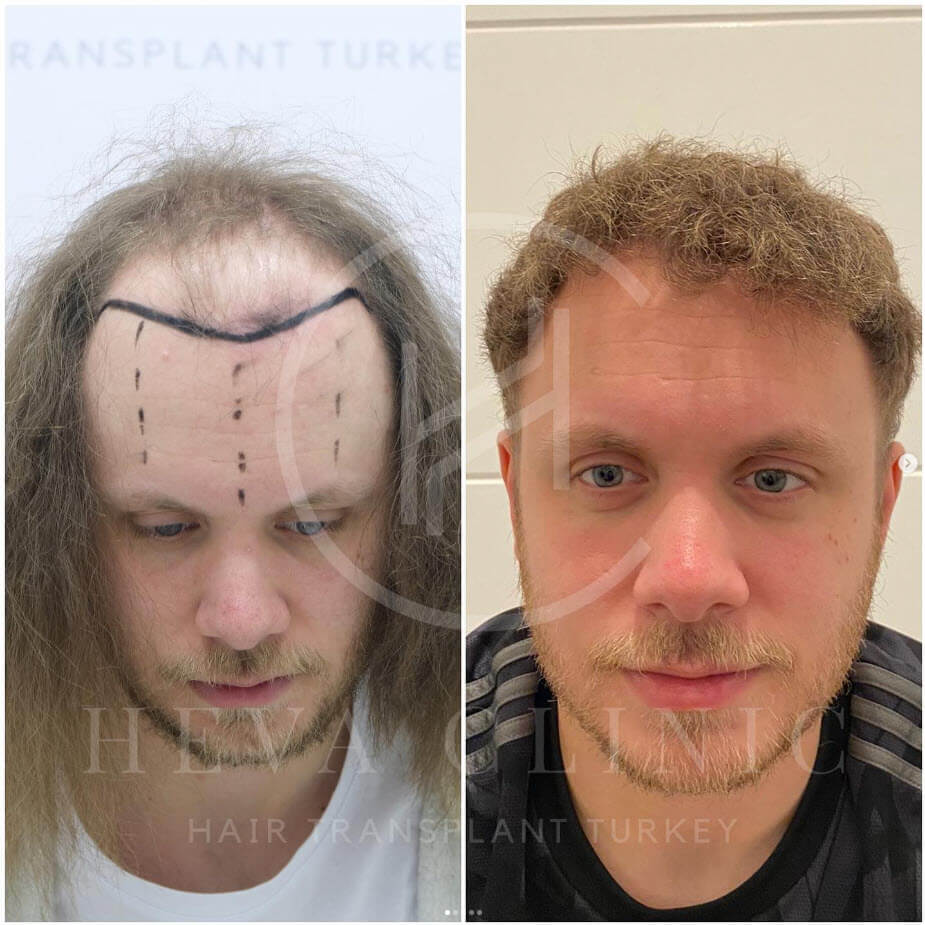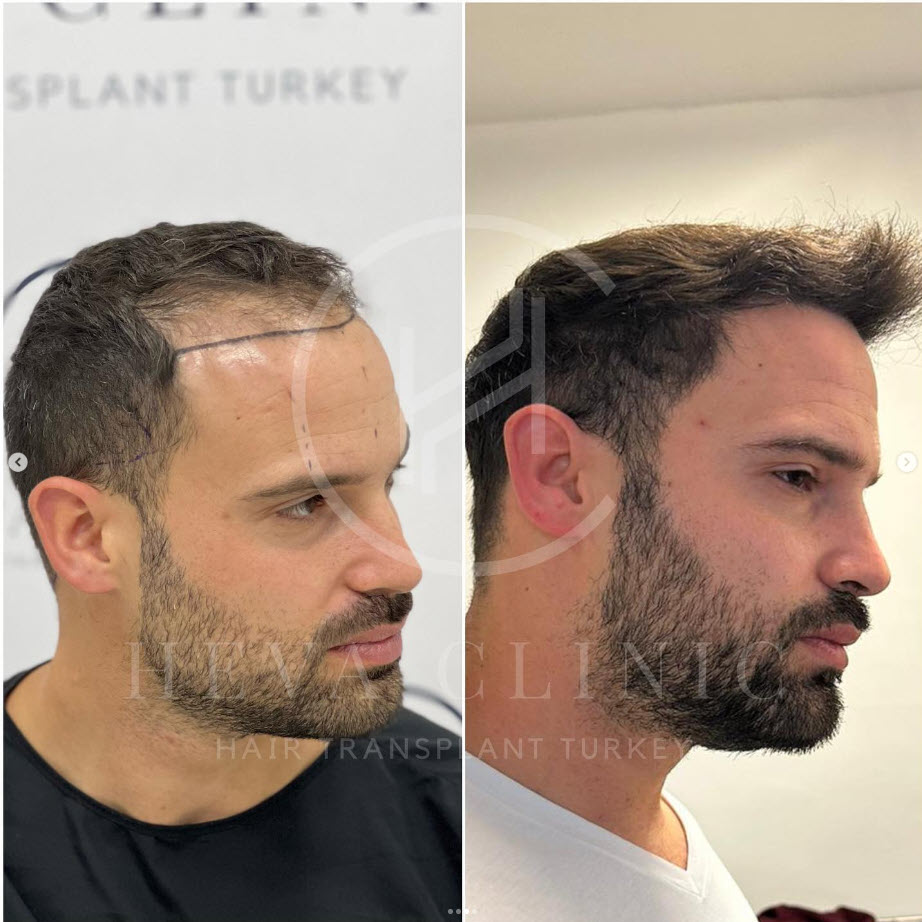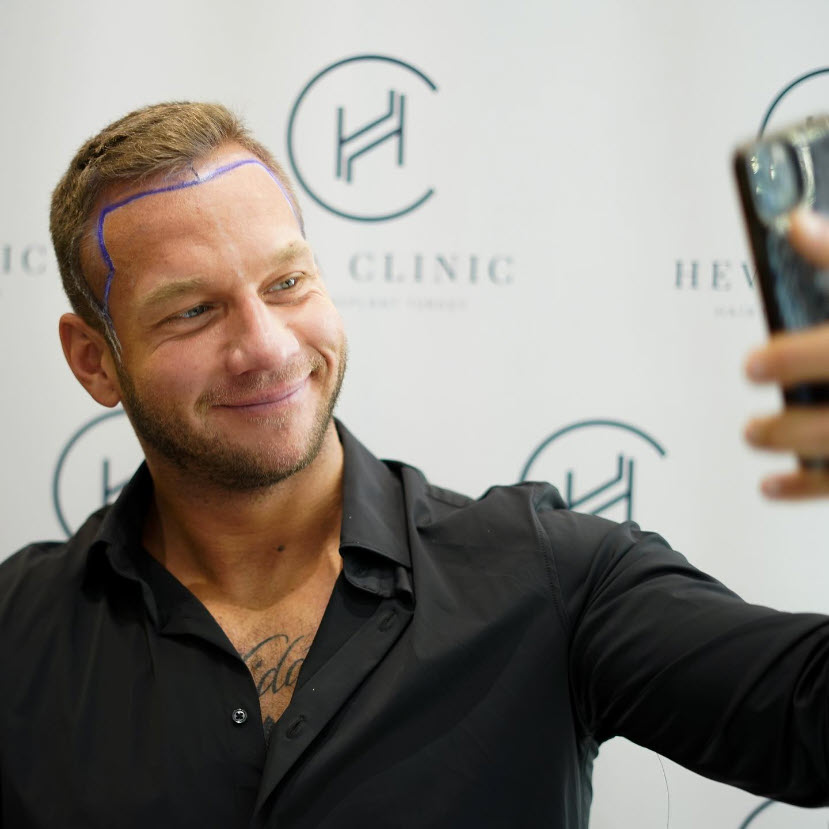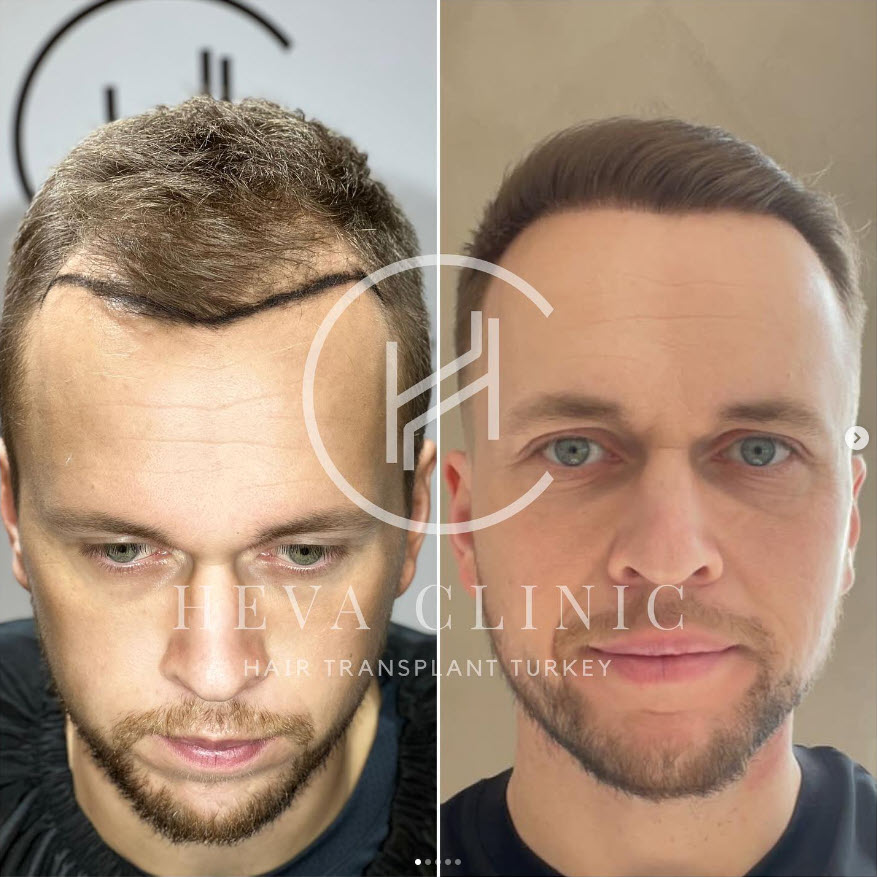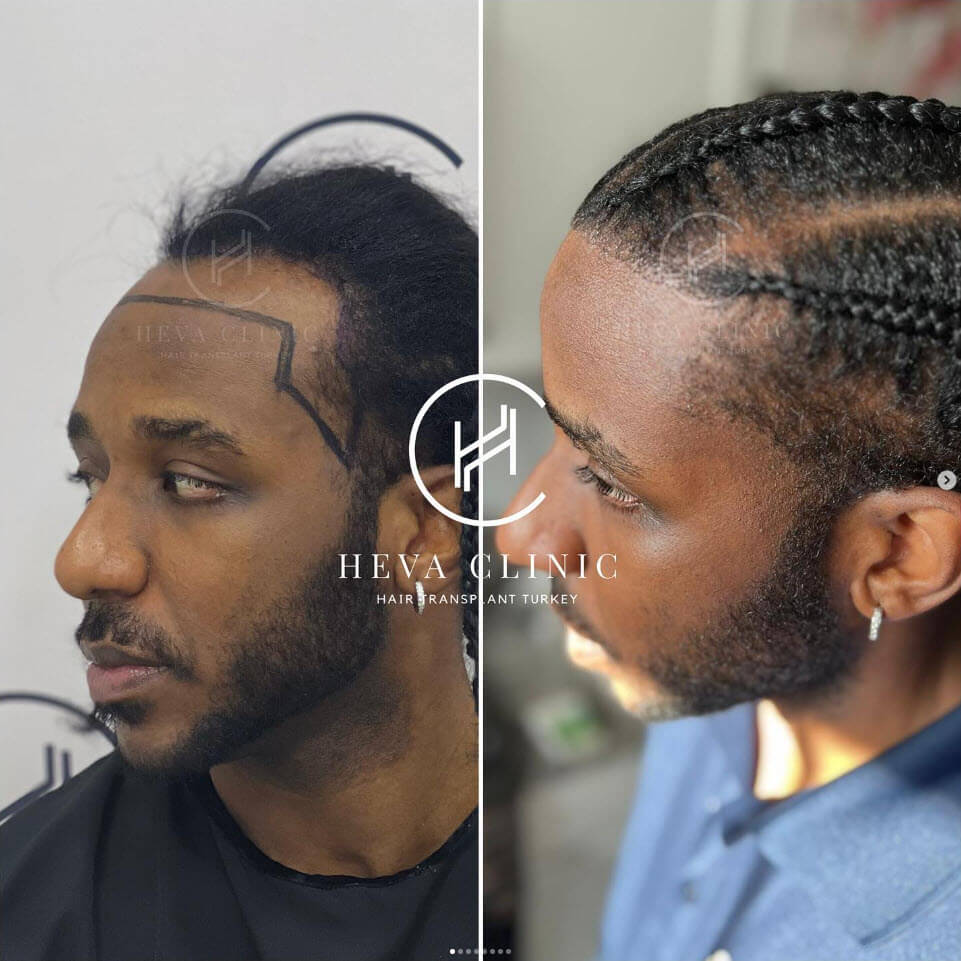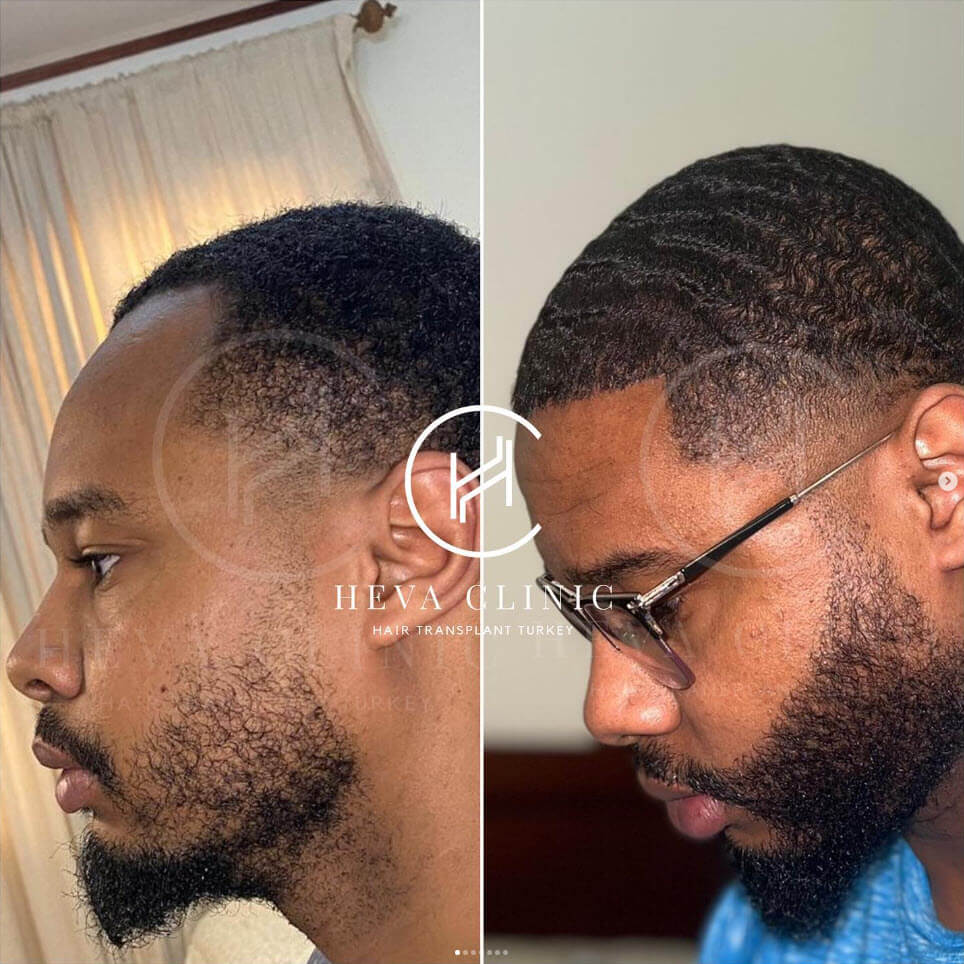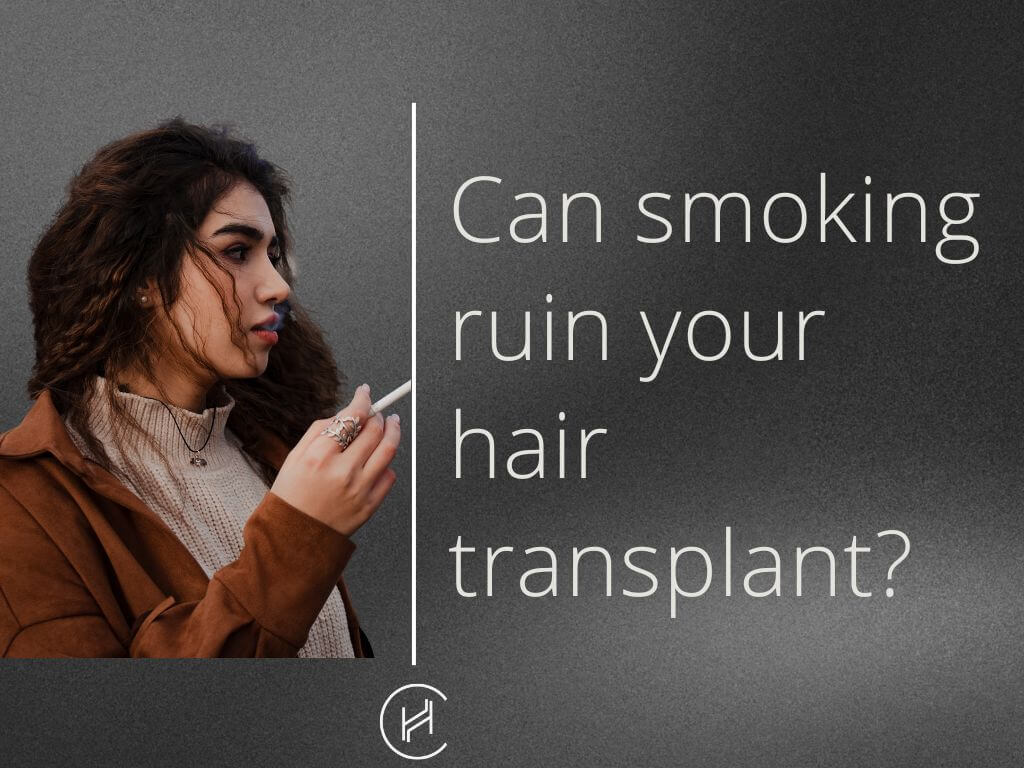
Achieving great hair transplant results depends both on how well the hair transplant procedure is carried out and how well you take care of your hair and scalp after the operation. Even after a perfectly performed operation, patients need to pay utmost attention to following aftercare instructions. Your surgeon and medical team will be giving you tips on how you can take care of your hair and scalp after your operation. Following these tips will definitely increase your chances of achieving great results.
One of the important things you should be doing before and after your hair transplant operation is to quit smoking; every surgeon agrees with this rule when it comes to the success of hair transplant surgeries.
If you are considering getting a hair transplant, you should be ready to quit, or at least limit smoking for a while. Here is why…
Does smoking affect hair transplants?
The point-blank answer to this question is: Yes.
Smoking affects hair transplant results since chemicals in cigarettes interfere with blood circulation. Many people ask this question with the hope of hearing the opposite. However, various research and surgeons’ experiences show that smoking has a negative effect on the success of hair transplant procedures.
This is why hair transplant patients should be willing to quit smoking before and after their hair transplant operation for the suggested period.
Can you smoke before and after a hair transplant?
Smoking is not recommended before and after a hair transplant. If you are curious about why smoking is considered harmful, we have listed of some the negative effects of smoking before and after the procedure.
Negative Effects of smoking before the procedure
Patients are advised to quit smoking at least a week before their hair transplant operation. However, the earlier you quit smoking before your hair transplant the better it is.
Here are the negative effects of smoking before the procedure.
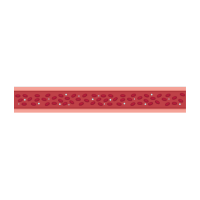
Slow blood flow
Chemicals in cigarettes have an adverse effect on blood circulation. These chemicals slow down the blood flow due to the hardening and constriction of blood vessels.
Such inadequate circulation can also have adverse effects on anaesthesia. Poor blood circulation interferes with the circulation of anaesthetic in the patient’s body. This can also increase the chances of complications during a hair transplant surgery.
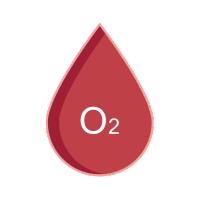
Decreased blood oxygen
Nicotine reduces blood oxygen levels which is an undesired condition during any operation. Decreased blood oxygen also adversely affects the delivery of anaesthetic agents.

Withdrawal syndrome
Patients are requested to stop smoking for a long time after the hair transplant surgery. However, regular smokers are likely to experience withdrawal syndrome and have a hard time staying away from the habit. This is why quitting before your hair transplant surgery will help you get over the withdrawal syndrome before your hair transplant operation and allows you to take a break from smoking for a longer period after your surgery.
Negative Effects of smoking after the procedure
The most significant effects of smoking can be observed during the recovery period. Chemicals in cigarettes and its smoke can diminish the success of hair transplant operations.
Here are the negative effects of smoking after the procedure.

Vasoconstriction
Vasoconstriction refers to the hardening and constriction of blood vessels. Smoking and tobacco smoke cause vasoconstriction which leads to obstructed blood circulation. Poor blood circulation is an undesired condition for tissue healing and has an adverse effect on oxygen saturation. Low oxygen saturation and poor blood circulation negatively affect the survival of transplanted hair follicles as these follicles need plenty of nutrients and oxygen to securely settle into the transplant area.
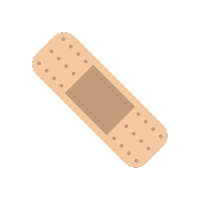
Slower tissue healing
Toxins in tobacco smoke and cigarettes interfere with the tissue healing process which leads to extended recovery periods as well as wounding. Furthermore, because the healing process is longer, the infection risk is also higher for regular smokers.

Increased scabbing
Nicotine may cause excessive bleeding during the hair transplant operation which delays clotting around the micro-wounds. Excessive bleeding leads to crusting on the scalp and causes irritation and itching after the hair transplant procedure. Further, because of the excessive bleeding, larger scabs may form around the hair follicles after the operation. Read our safe scab removal after a hair transplant guide.
How long after the transplant can I smoke?
Considering the adverse effects of smoking on the success of hair transplant operations, it is advisable to stay away from smoking for as long as possible. Not only it is better for the success of your hair transplant but also it is better for your overall health. However, if you do decide to start smoking again after your hair transplant, you should at least wait for 2-4 weeks before you start again. This period is critical since it is important for the hair transplant recovery process.
When is the safest time to smoke after a hair transplant?
If you are considering going back to smoking after your hair transplant, you might be wondering about the safest time to smoke again after a hair transplant. It is important to wait until the hair grafts are securely settled in and the critical part of the recovery process is behind. Usually, it is recommended to wait until you can see some hair growth. You can abstain from smoking for at least 6 weeks to be on the safe side.
Do clincs check for nicotine before surgery?
Seeing that it is recommended to quit smoking 7-10 days before a hair transplant surgery, you might be wondering whether we are performing a nicotine test before the operation.
The answer is no. However, professional clinics do perform tests for infectious diseases.

